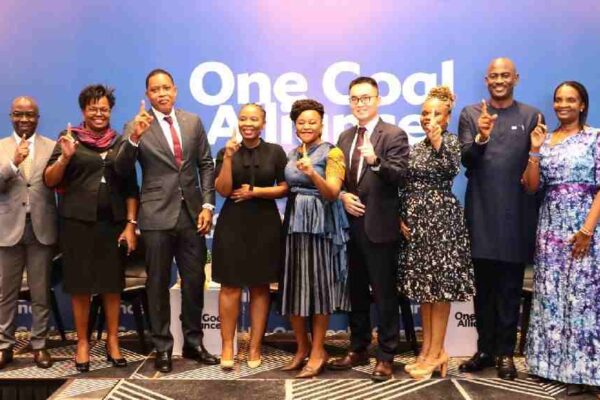A law, generally, is known as a rule usually made by a government to put order in its society. With this in mind, we all expect to harvest good results when good laws are put in place because the objective is to bring and strengthen peace that will provide a healthy atmosphere for development and wellbeing of the citizens of that society. Laws, rules or regulations are also made by groups, meetings, association, organisations, to keep some order in the way they operate. A close look at Cameroon and its laws, and taking into consideration what is expected of good laws; one has the difficulty of understanding the real use or raison
d??être of a law. Since society is not a stagnant pool, new challenges come up everyday and new approaches are being used to face these challenges. Therefore, laws should be adjusted in order to take society to higher heights where its citizens will feel better than they felt before. Cameroon has got many laws, and many have been modified, time and again, apparently, in order to make Cameroon better for Cameroonians. To our greatest surprise, we observe that morals have degraded drastically, poverty has increased, educational infrastructures have collapsed, the health system is broken, the judiciary is corrupt, security is threatened and the future is very uncertain for the youths. But any ordinary citizen would not, in anyway; be overstating the obvious, just saying these very laws the country boasts of are still to make justice to the suffering populace. From what some Cameroonians say about the laws of Cameroon, if one were living in another planet, one would picture out Cameroon to be some kind of Eldorado where everybody in the world would like to go and live in. It is important to note that the modification of laws is very necessary and very important, but each time a law is modified or updated, it should be done in a manner to solve problems the previous one couldn??t. Some people think that Cameroon has very good laws, but what is a good law? If a good law cannot stop highly educated individuals from embezzling tax payers?? hard earned money, cannot promote transparency and accountability, cannot make elected and appointed individuals behave as employees (servants) and not as bosses or employers, cannot stop some lecturers from involving students in corrupt practices, in quest of good marks, cannot stop some doctors from disrespecting the Hippocratic Oath, and you name the rest, then what kind of good laws do we claim to have? If a law cannot act as a cane, that forces a pupil to respect the teacher or children to respect their parents, then is that a law? If we say a child is good in school, and his/her report booklet cannot show good results, then is that child really good in school? If we say that a parent is good and his household is in total disorder and violence, can we say that parent is really good? If we say, acid is dangerous because it can take away life, and someone drinks that acid and doesn??t die, then is that acid really acid? Some people claim that it is because we do not have good and honest people to apply or implement the, seemingly, good laws so that Cameroon can advance. When I hear this, I want to believe it is true. But again, I ask myself, how can bad people come out with good laws? The seemingly good laws of Cameroon sound pretty much like the good law of ??Thou Shall Not Kill?? to an American marine/soldier in Afghanistan, or to the Cameroonian military corps, BIR, fighting the « Coupeurs de Route » in the Northern Provinces or can be compared to the case where a medical doctor is being asked to carry hoe and cutlasses to the hospital and a farmer, syringes and microscopes to the farm. If the laws of Cameroon were really good and fitting to the Cameroonian context, then article 66, like many others, wouldn??t have been violated. Certain things are good in certain contexts and I think the seemingly good laws of Cameroon are not relevant to the Cameroonian context. What then is a good law and how do we make them? I cannot tell exactly which law will be good to Cameroon, but according to my VOTE SIZING approach, just like an employer puts down strict laws on his employees because he needs to put order in his company, in order for it to grow and be profitable to him, government??s laws should also be put in place by those who really need that government; that is, the poorer majority. This is done primarily, nowhere else except during the most important moment of decision-making in a nation ?? elections. Once elections have been manipulated upon, then out-of-context laws will be made by these same elections manipulators. Democracy was put in place to reduce the gap between the too powerfully rich minority and the powerless miserable majority. So democracy was meant to distribute power (economic + political) equally and not just equal votes. So fairness and equality according to vote sizing is fairness and equality in the average of our economic and political power. So if you have 100% economic power, you need 0% political power so as to be equal with someone who has 0% economic power and 100% political power ?? that is called VOTE SIZING and this innovation is the next democratic reform. ??Ignorance of the law is no excuse??, but ignorance to have the right people make laws is no excuse either. Correspondant: Julius AwafongOutreach Coordinator for Vote Sizing



